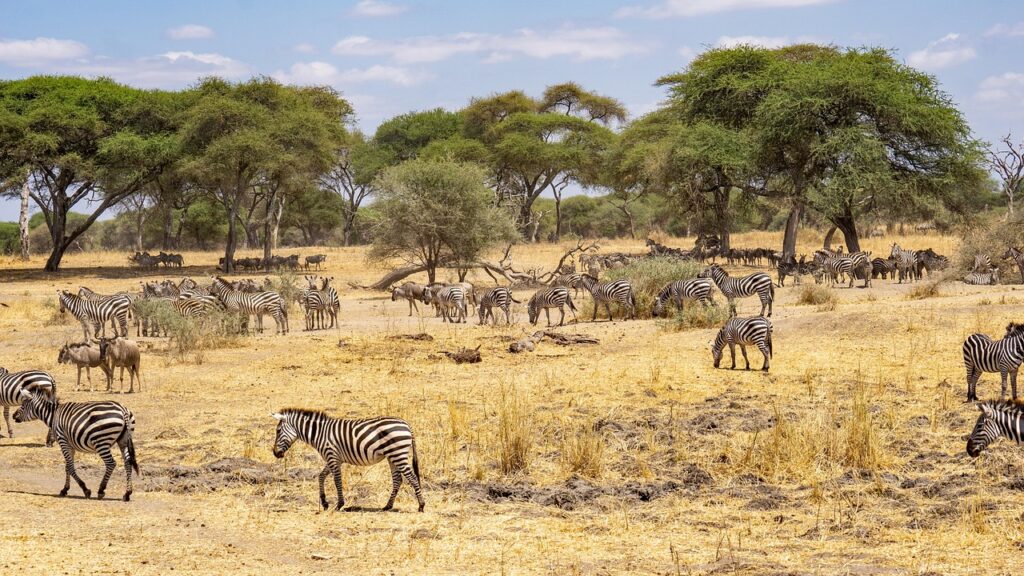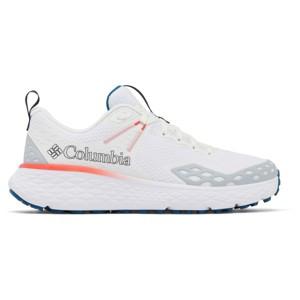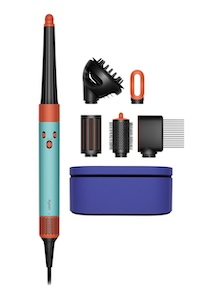
Essential customs rules and
restrictions for entering Tanzania
Traveler’s Guide by Parlaxy | Updated: July 30, 2025
Flying into Tanzania through Julius Nyerere International Airport or other entry points? Don’t land into trouble.
Here’s what you need to know:
- Tight duty-free limits on alcohol, electronics, and personal items – stricter than many expect
- Banned items include drones, certain medicines, wildlife products, and plastic bags
- Declarations are mandatory – even for items you think are fine
- Customs checks are serious – and they don’t overlook “small” infractions
Whether you’re heading to Zanzibar’s beaches or Serengeti’s plains, Tanzanian customs is no joke.
Travel smart. Declare right. Avoid fines and delays in 2025.

Your Essential 2025 Guide to Entering Tanzania – Save Time, Avoid Fines, and Travel Stress-Free
Read or save this 2025 Tanzania entry guide to avoid delays, unexpected fees, and common border hassles.
| Documents Required for Entry | Citizens of select countries – including Kenya, Uganda, South Africa, India, and several Caribbean nations – can enter Tanzania visa-free, usually for up to 90 days, depending on specific bilateral agreements. Visa on Arrival / e-Visa Available: Travelers from most countries, including the United States, Canada, UK, EU nations, Australia, and New Zealand, can apply for a visa online (e-Visa) or obtain a Visa on Arrival at major entry points like Julius Nyerere International Airport. Tourist visas typically allow a stay of up to 30 days, extendable once inside the country. Visa Required in Advance: Citizens of a few countries – such as Afghanistan, North Korea, and some African and Middle Eastern nations – must apply for a visa in advance at a Tanzanian embassy or consulate. No visa-on-arrival option is available for these travelers. |
| Currency Export and Import Restrictions | None |
| Currency Export and Import Limits by Amount | Any amount of cash equal to or exceeding 10,000 USD (or equivalent in foreign currency) must be declared to Tanzanian customs upon arrival or departure. |
| Restricted Items for Import | Travelers aged 18 and older entering Tanzania may bring in personal goods worth up to $500 USD duty-free, including clothing, electronics, and souvenirs for personal use. |
| Prohibited Items for Import | -Plastic bags (including single-use carrier bags) -Narcotic drugs and psychotropic substances -Pornographic materials -Counterfeit currency and goods -Hazardous chemicals and toxic waste -Unauthorized firearms, ammunition, and explosives -Military uniforms and equipment without permission -Endangered wildlife species and products (e.g., ivory, rhino horn) -Obscene or offensive literature or media -False or misleading food and pharmaceutical products -Radioactive materials without a special permit -Unauthorized communication devices (e.g., certain walkie-talkies) -Used underwear and worn clothing (for resale) -Plants, seeds, or soil without phytosanitary certification -Unauthorized medicines or medical equipment |
| Alcohol Import Regulations | Travelers aged 18 and older (the legal drinking age in Tanzania) may bring the following amounts of alcohol duty-freewhen entering by air or sea: -Up to 1 liter of spirits -Up to 2 liters of wine -Up to 2 liters of beer |
| Alcohol Export Regulations | Travelers aged 18 and older departing Tanzania may export alcohol in personal baggage, but must not exceed the duty‑free import allowances of their destination. Recommended personal carry‑out export amount (aligned with import rules of many countries): -Up to 1 liter of spirits (e.g. gin, whisky) -Or up to 2 liters of wine -Or a combination not exceeding 1L spirits or 2L wine for personal consumption |
| Tobacco Product Import Regulations | Travelers aged 18 and older may bring in up to 200 cigarettes (equivalent to 1 carton), 50 cigars, or 250 grams of loose tobacco duty-free. |
| Tobacco Product Export Regulations | Travelers aged 18 and older may export tobacco products in reasonable personal-use quantities without special export restrictions |
| Restrictions on Importing Medications and Dietary Supplements | Travelers entering Tanzania may bring prescription medications for personal use, generally limited to a 30-day supply. It is essential to carry medications in their original packaging along with a valid prescription or doctor’s note. Controlled substances, including narcotics, psychotropic drugs, and certain stimulants, require a valid prescription and may need prior approval from Tanzanian health authorities. These must be declared at customs upon arrival to avoid penalties. Over-the-counter (OTC) medications are allowed in small quantities for personal use but should be kept in their original packaging with clear labels. Dietary supplements and vitamins are permitted but must comply with Tanzanian health and safety regulations, including accurate labeling. Always declare all medications and supplements to ensure smooth customs clearance and avoid fines or confiscation. |
| Restrictions on Importing Jewelry and Luxury Goods | Travelers may bring personal jewelry and luxury items duty-free if clearly for personal use and not for resale. |
| Restrictions on Exporting Jewelry and Luxury Goods | Same as import |
| Restrictions on Importing Items of Artistic and Historical Value | -Importing items of artistic, cultural, or historical value requires prior approval from Tanzanian authorities. -Such items may be subject to inspection and certification to prevent illegal trade and protect heritage. -Import of counterfeit, stolen, or unverified artifacts is strictly prohibited. -Commercial importers must provide detailed documentation, including provenance and authenticity certificates. |
| Restrictions on Exporting Items of Artistic and Historical Value | -Exporting artistic, cultural, or historical items requires official permits from Tanzanian authorities. -Many cultural heritage objects are protected by law and cannot be exported without authorization. -The Department of Antiquities controls ownership and export of tangible cultural heritage. -Exporting without proper permits can lead to confiscation, fines, or legal penalties. -Exporters must provide proof of provenance and authenticity when applying for permits. -Always consult relevant authorities before attempting to export artistic or historical items to ensure compliance. |
| Restrictions on Importing Pets | -Import permit is required for all pets entering Tanzania. -Pets must have a valid rabies vaccination given at least 30 days and not more than 3 years before entry. -Other vaccinations such as DHLP for dogs and FVRCP for cats are recommended. -Pets should receive treatment for internal and external parasites before travel. -A veterinary health certificate issued shortly before travel is mandatory. -Pets must be microchipped for identification. -Entry is allowed only through Julius Nyerere International Airport (Dar es Salaam) or Kilimanjaro International Airport (Arusha). |
| Restrictions on Exporting Pets | -Export permit is required for all pets leaving Tanzania. -A veterinary health certificate must be issued within 10 days before departure. -Vaccination records, including rabies, must be up to date and included. -Pets should have an internationally recognized microchip for identification. -Export certificates issued by Tanzanian authorities are mandatory and valid for 10 days. -Confirm specific airline requirements before travel. |
Latest news – customs rules, travel alerts & more
Earn while traveling with Parlaxy
Connect with a shopper and deliver for a fee
Parlaxy Wiki is a customs guide designed for travelers who prepare smartly. We’ve gathered all the latest information by 2025 so that the Parlaxy community has access to up-to-date customs rules and restrictions for different countries, as well as insights into popular destinations and travel tips for exploring various corners of the world. Discover the world with Parlaxy Wiki!
Parlaxy connects those who need to purchase items from another city or country with travelers planning trips to those destinations. Parlaxy is not only a convenient platform where buyers can order products from anywhere in the world and travelers can earn by delivering goods along their travel routes—it’s also a reliable source of current travel information worldwide.
Create an order if you’re shopping, or create a trip if you’re ready to earn while traveling!







